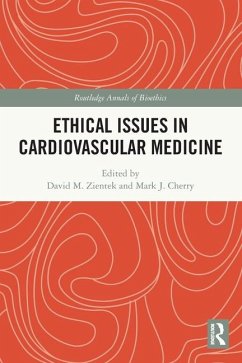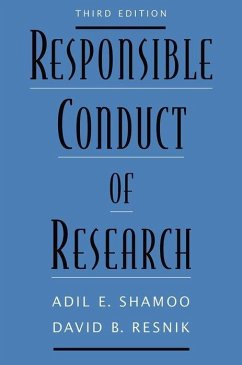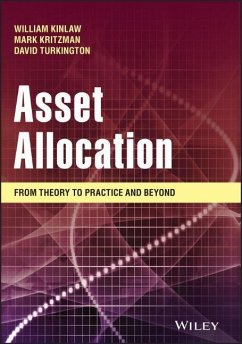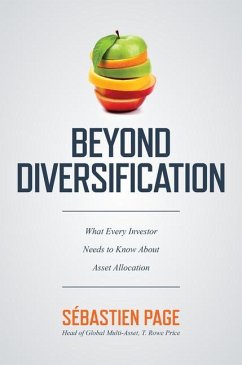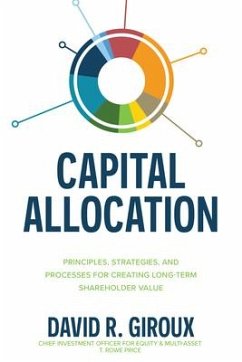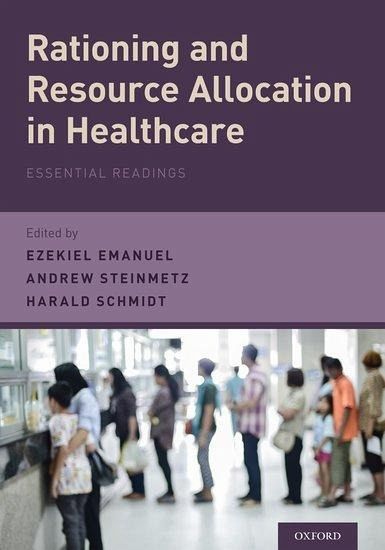
Rationing and Resource Allocation in Healthcare
Essential Readings
Herausgeber: Emanuel, Ezekiel; Steinmetz, Andrew; Schmidt, Harald

PAYBACK Punkte
29 °P sammeln!
Budgets of governments and private insurances are limited. Not all drugs and services that appear beneficial to patients or physicians can be covered. Is there a core set of benefits that everyone should be entitled to? If so, how should this set be determined? Are fair decisions just impossible, if we know from the outset than not all needs can be met? While early work in bioethics has focused on clinical issues and a narrow set of principles, in recent years there has been a marked shift towards addressing broader population-level issues, requiring consideration of more demanding theories in...
Budgets of governments and private insurances are limited. Not all drugs and services that appear beneficial to patients or physicians can be covered. Is there a core set of benefits that everyone should be entitled to? If so, how should this set be determined? Are fair decisions just impossible, if we know from the outset than not all needs can be met? While early work in bioethics has focused on clinical issues and a narrow set of principles, in recent years there has been a marked shift towards addressing broader population-level issues, requiring consideration of more demanding theories in philosophy, political science, and economics. At the heart of bioethics' new orientation is the goal of clarity on a complex set of questions in rationing and resource allocation. Rationing and Resource Allocation in Healthcare: Essential Readings provides key excerpts from seminal and pertinent texts and case studies about these topics, contextualized by original introductions. The volume is divided into three broad sections: Conceptual Distinctions and Ethical Theory; Rationing; and Resource Allocation. Containing the most important and classic articles surrounding the theoretical and practical issues related to rationing and how to allocate scare medical resources, this collection aims to assist and inform those who wish to be a part of bioethics' 21st century shift including practitioners and policy-makers, and students and scholars in the health sciences, philosophy, law, and medical ethics.




